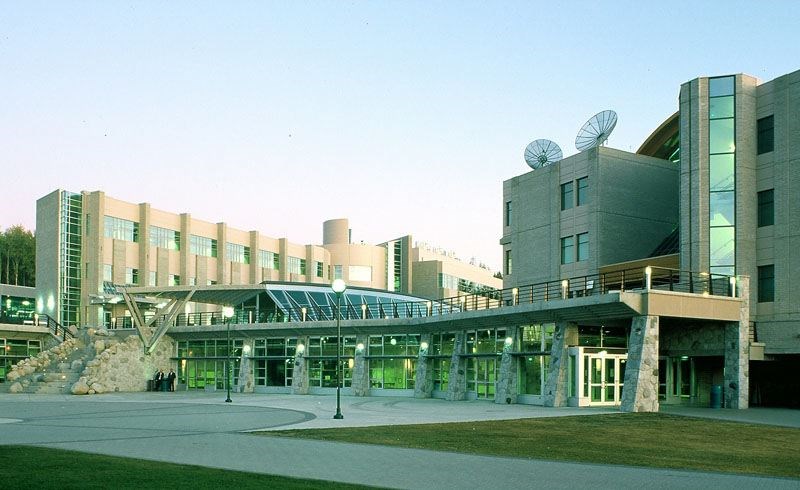University of Northern British Columbia researchers received a combined $1.1 million over five years in new funding from the Natural Science and Engineering Research Council of Canada (NSERC) Discovery Grants program.
Seven UNBC researchers received Discovery Grants worth $1.075 million over five years. In addition, two UNBC researchers received Development Discovery Grants worth $40,000 over two years.
"UNBC researchers are advancing knowledge and translating complex ideas into practical solutions," UNBC president Daniel Weeks said. "The seven outstanding faculty members receiving NSERC Discovery Grants this year are leaders in their fields and their work demonstrates the global impact of UNBC, a small University doing big research."
The Discovery Grants program supports ongoing research programs with long-term goals and all of the applications go through a peer-review process. The UNBC success rate for NSERC Discovery Grants this year is 85 per cent.
The 2017 UNBC Discovery Grant Recipients are:
- Chemistry professor Stephen Rader will receive $200,000 to determine the role of each splicing component in C. merolae, a species of red alga. Dr. Rader will also seek to understand the regulation, biological consequences and evolution of splicing. The research will lead to breakthroughs in structure and function experiments on splicing mechanism and regulation.
- Environmental science professor Peter Jackson will receive $195,000 to study the interaction between the atmosphere and complex terrain. The research will strengthen understanding of current and future threats to air quality in B.C. using models, satellite data and novel sensors, and model the movement of mountain pine beetles and the fate of alpine glaciers due to climate change.
- Engineering associate professor Thomas Tannert will receive $170,000 to advance research and solutions in wood-concrete composite floors and wood-concrete structural load-resisting frames. The research will have an impact on the structural use of wood and will increase its market share in a variety of residential and non-residential buildings.
- Ecosystem Science and Management associate professor Oscar Venter will receive $165,000 to develop models that improve understanding of how environmental pressures interact to drive biodiversity declines, and to map and project future cumulative pressures across the Canadian north.
- Biochemistry professor Chow Lee will receive $140,000 to better understand the ribonuclease function of the endogenous form as well as the recently discovered secreted form of APE1. The NSERC proposed research is expected to provide insights into the ribonuclease function of APE1 in mammalian cells, which will help broaden our understanding of the regulation of gene expression and how the processes of DNA repair and RNA metabolism may be linked.
- Physics professor Matt Reid will receive $105,000 to advance applications of terahertz technology. His work will enhance innovation and industry adoption and will lead to new technologies appropriate for the wood products and photonics industries.
- Engineering assistant professor Asif Iqbal will receive $100,000 to explore building structural systems that will be suitable for tall wood structures. The research will lead to better seismic performance of tall wood structures.
- Ecosystem science andmanagement professor Phil Burton and environmental engineering professor Ron Thring each received Development Discovery Grants worth $20,000 over two years.



